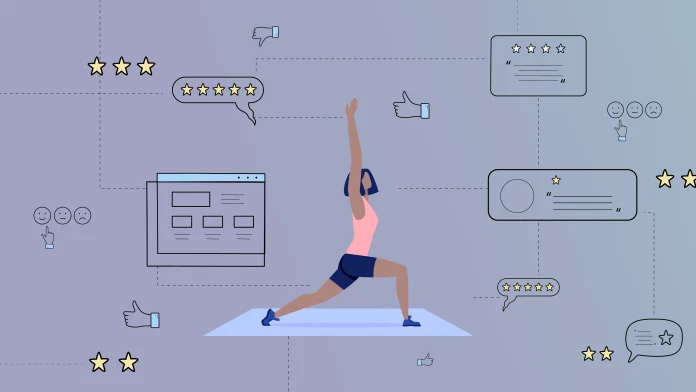Written by Belen Paoletti
Medically reviewed by Susana Pontiggia (Psychologist, Specialist in Neuroscience and Human Behavioral Sciences, Consultant in Personal and Organizational Development)
Technology has completely reshaped the way we communicate, work, and now—more than ever—how we care for our mental health. From AI-powered chatbots and wellness apps to therapeutic video games and social media, digital tools are increasingly part of our emotional lives. In 2025, these innovations promise new ways to support mental well-being—but they also bring new challenges.
So the big question is: Are we using technology to heal—or is it making us more vulnerable?
Can AI Replace Therapists?
Today, opening up to a chatbot is as easy as sending a WhatsApp message. AI-based apps like Character.ai have already handled over 78 million user messages seeking emotional support. These bots are available 24/7, they don’t judge, and they reply within seconds.
But here’s the catch: a bot can’t feel empathy or truly understand complex human emotions. It can generate answers based on patterns, but it can’t read between the lines when someone is in crisis or grasp the real meaning behind a message.
Mental health experts warn that relying too much on AI for emotional support could signal deeper issues—like limited access to qualified professionals or a fear of showing vulnerability to others. The real question isn’t whether AI can help, but how much we’re willing to trust it with our mental health.
Video Games That Spot Illness Before Doctors
This isn’t sci-fi anymore. Apps like The Mind Guardian, a video game developed in Spain, use AI to detect early signs of Alzheimer’s and other cognitive disorders. Through simple memory and attention challenges, users are evaluated without even realizing it.
This could revolutionize mental health prevention. But it also raises an important question: If technology can detect health problems early, are we ready to act on that information?
Social Media and the Rise of Anxiety
The picture-perfect lives we see on social media—exotic vacations, ideal bodies, career success—often trigger painful comparisons with our own realities. And millions of people experience this every day.
Even though surveys in the U.S. still show a large number of teenagers reporting positive experiences linked to social media—feeling more connected to what is going on in their friends’ lives (80%), like they have a place where they can show their creative side (71%), like they have people who can support them through tough times (67%), and that they are more accepted (58%)—, studies increasingly report prevalence of problematic smartphone usage in approximately one in every four children and adolescents, accompanied by increased odds of poorer mental health. The pressure to fit in, constant comparison, and the hunt for likes are seriously impacting the self-esteem of an entire generation.
Some governments are responding by limiting minors’ access to certain platforms and promoting digital education. But laws alone won’t fix it. Changing our habits, raising awareness, and rethinking how we interact with technology are essential steps.
Technology to Help Us Disconnect
In a world designed to keep us glued to screens, some companies are going the opposite way: creating devices that help us unplug.
Take the HMD Fusion X1, for example—a phone that restricts access to social media and limits screen time. It was showcased at the Mobile World Congress in Barcelona as a tool to fight digital addiction.
But this raises an important point: Are we controlling technology—or is it controlling us? Beyond devices, the real challenge is to shift our habits and find a balance between our digital lives and the real world.
Finding Balance: The Real Challenge
Technology can be an amazing ally for mental health—but without caution, it can also become a source of stress and anxiety.
To truly benefit from it without falling into dependence, we need to:
- Start digital education early.
- Regulate AI responsibly in mental health care.
- Encourage offline time and face-to-face connections.
The digital world isn’t going away. Learning to live with technology—without letting it take over—is the key to protecting our mental health.





